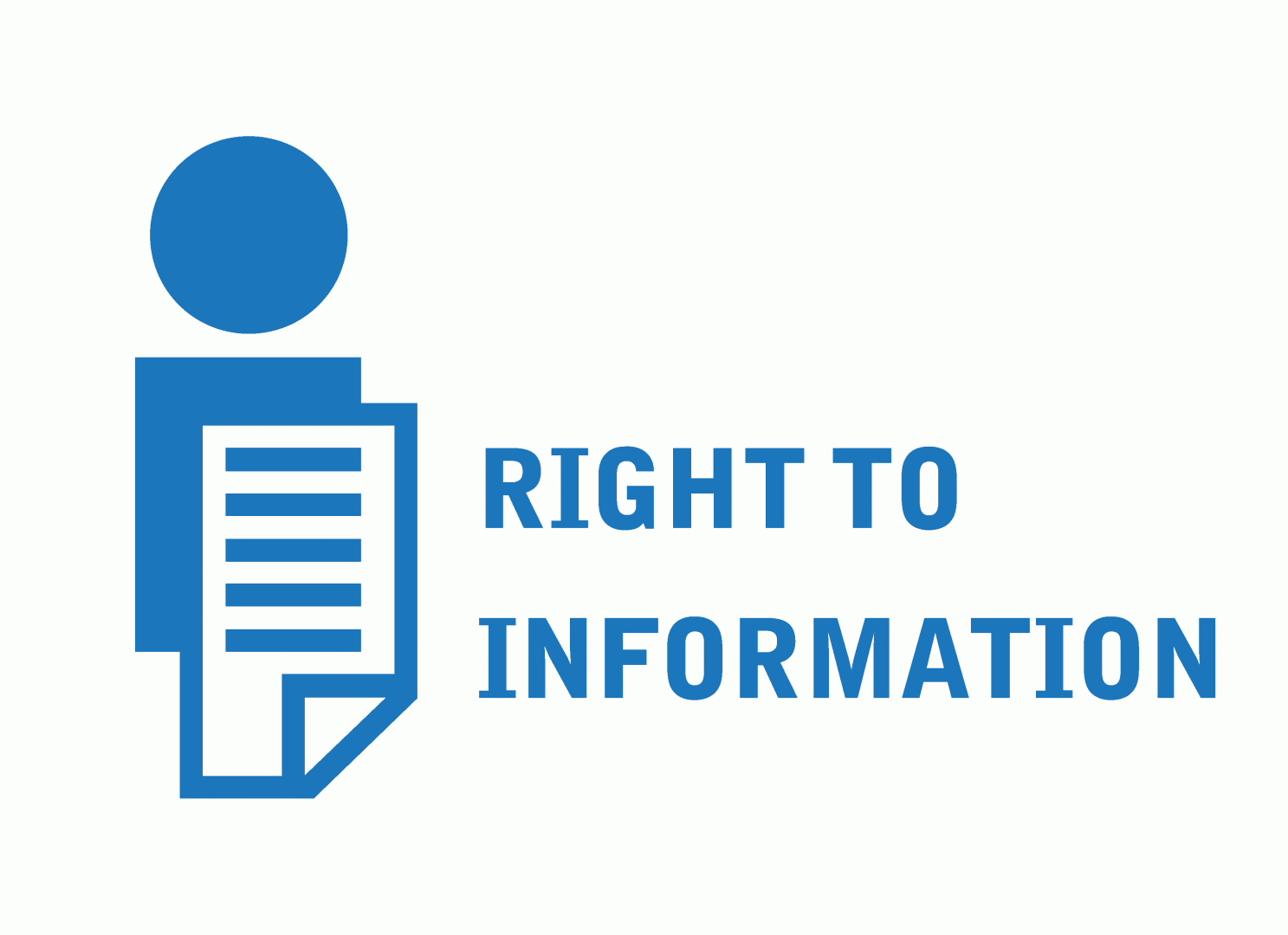Issues:
- Whether the Supreme Court and the CJI are two separate public authorities.
- Held: Supreme Court of India is public authority under Section 2(h) of the RTI Act and the office of CJI and other judges are part and parcel of the SC.
- The Chief Justice and the Supreme Court are not two distinct and separate ‘public authorities’. Hence office of CJI is also a public authority.
- Meaning of term Public Interest.
- Held: Disclosure of information is determined by weighing the public interest in accepting exemptions under Section 8(1)(j) in a particular case to deny information against the public interest in disclosure in such case.
- Possible harm or injury to third party must also be factored in when determining disclosure of confidential information relating to third parties under section 11.

- Whether asset declaration by Supreme Court Judges are “information”under the Act.
- Held: Information pertaining to declaration of assets by judges given to the CJI are information under section 2(f) of the Act.
- Does the CJI hold such information in a “fiduciary” capacity?
- Held: The Chief Justice of India merely holds the information in accordance with the official functions and not in any fiduciary capacity.
- Hence its disclosure will not result in breach of fiduciary duty under section 8(1)(e).
- Such disclosure would not, in any way, impinge upon the personal information and right to privacy of the judges.
- Issue of Judicial Independence.
- Judicial independence and accountability go hand in hand as accountability ensures, and is a facet of judicial independence.
- Judicial independence does not mean the insulation of judges from the rule of law.
- Where judicial independence focuses on freedom, judicial accountability is concerned with the manner in which that freedom is exercised by the judges.
Right to information can never be allowed to be used as a tool of surveillance to scuttle effective functioning of judiciary.

No comments:
Post a Comment